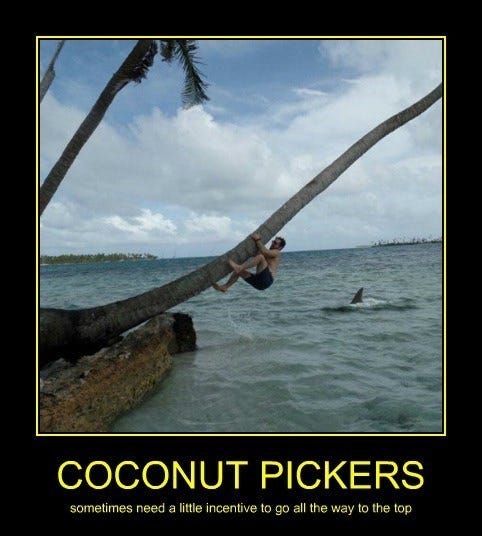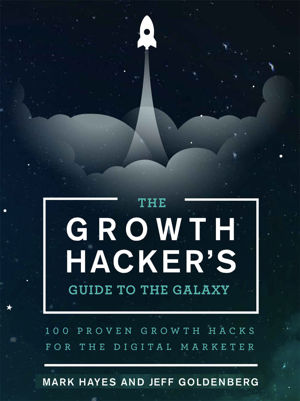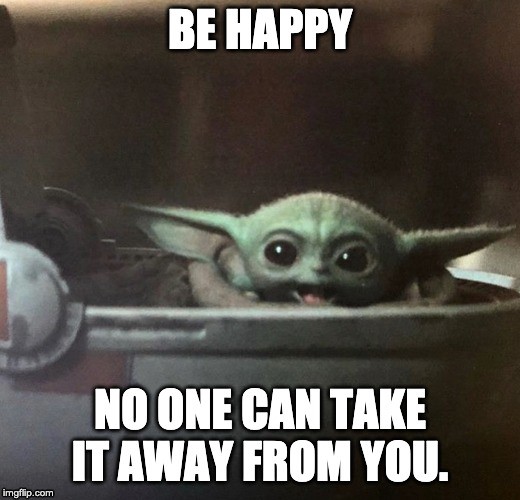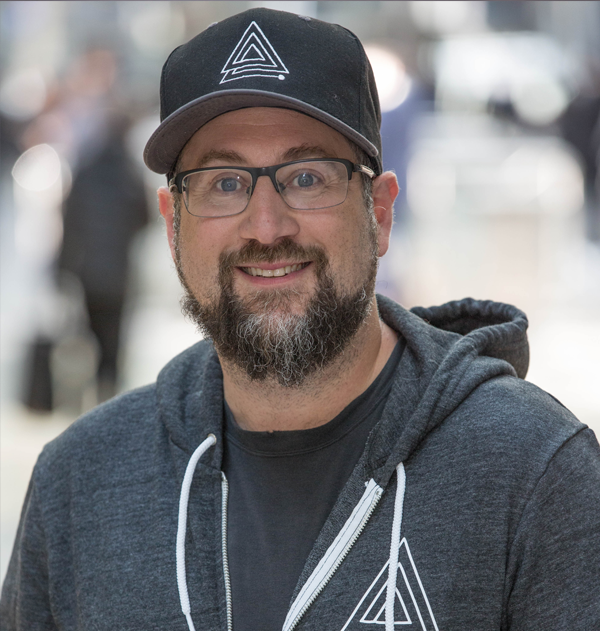A Conversion Conversation with Abacus’ Jeff Goldenberg
A great deal of what is trending these days, things like measuring performance, being OK with failure (aka learning), user research, and of course, Experimentation are all part of what I like to call the “it just makes sense” movement. In my mind, Jeff has always been at the forefront of this movement. Recently, I got the opportunity to chat with Jeff and get his thoughts on working with clients who aren’t comfortable with Experimentation, the changes in Growth over the years, and being happy.
Rommil: Hi Jeff, thank you so much for taking the time to chat with me today! For those who aren’t familiar with Abacus, could you share with us what Abacus does and what your role is there?
Jeff: Abacus is a social media agency?—?we offer mobile-first creative through our design systems and high-performance media management on the media side. I am the co-founder and chief strategy officer. I work on client strategy, agency strategy and sales.

What role does Experimentation play at Abacus? Both for your company, as well as for your clients?
Experimentation is baked into our DNA at Abacus. We started as growth hackers and startup people and tried to apply that thinking to larger and larger companies and brands. We believe in the discipline of experimentation where advertising is always on and there is a feedback loop between media and creative, so the creative can always get better. We’re always curious, always hungry and we assume there’s always something better to achieve. Plus, we pressure our clients to measure as far down the funnel as possible, so we know when an experiment is working and on what to double down.
“We’re always curious, always hungry and we assume there’s always something better to achieve.”
How receptive have your clients been to Experimentation and what kinds of challenges have you faced in pitching this approach?
It depends. Some clients also have experimentation baked into their DNA. They are open-minded, curious and don’t come to the table with an idea already in mind. They’re agile and flexible and don’t plan too far down the road.
Other clients can’t be experimental, for a number of reasons. The biggest reason is that the mindset of experimentation doesn’t exist and people are too afraid of failing. Not necessarily afraid, but not incentivized to take risks or try new things.
Last year seemed to be a turning point year, where lots of clients and in-house teams are rethinking how they think about performance, how brand and performance will work together moving forward and how to be more agile.

Because budget plays such a big role in your world, how do you manage expectations with your clients since experiments may not yield expected results every time?
- Take a longer-term approach.
- Give yourself time to learn and improve.
- Partner around bottom of the funnel metrics and solid attribution models.
- Communicate clearly and frequently.
As you learn things through working with your various clients?—?do you leverage these learnings?
Working on a small handful of platforms and a wide variety of clients gives our teams an intuition about performance marketing that can only come from repetition and iteration. This intuition is critical when it comes to diagnosing campaigns, prioritizing experiments and resuscitating poor campaigns. As our intuition grows, we are able to apply that thinking to other accounts and in other ways.

Obviously, you’ve been heavily involved in Growth, having led that function at Borrowell and authoring a book on Growth Hacking?—?what are the biggest changes in Growth that you’ve seen over the last couple of years?
- People are sick of talking about it, but they’re not doing it.
- Incentives don’t exist in large companies for people to try new things. They’re too busy covering their butts.
So true.
- Proper common sense measurement is holding people back from true growth.
- There’s not enough growth talent?—?everyone is looking for the same people, who aren’t being produced in sufficient quantity.
The same could be said about PMs and Experimenters. Go on.
- Brand and performance needs to come together. So does media and creative.
- Each channel needs its own voice and personality, and few brands are set up to support that need.
Privacy is a big concern for more and more people. How is this impacting your world and how are you navigating those waters?
We don’t accept client personal data. They upload and anonymize and we simply use the audiences in aggregate.

Changing gears. You’re pretty active on Twitter, I know because I follow you. I have to say you’re pretty hilarious. How much of that humour translates into your company culture?
I appreciate that. Nicest compliment of 2020. I’m very sarcastic and in my older age I’m trying to find the right balance between sarcasm and snark.
I can totally relate. How’s that working out for you?
It’s a work in progress. I like to have fun and I like people to have fun. I think we take things too seriously and don’t properly understand the human condition?—?ie?—?the rules of play that we all agree to when we decide to inhabit this ball.
“Sean Ellis is my homeboy.”
I have a feeling you may like this segment. It’s what I affectionately call the Lightning Round!
Grow your user base or drive for profitability?
Profitability but took a long time to realize.
Andrew Chen or Sean Ellis?
Sean Ellis is my homeboy.
How often have you wanted to fire a client?
It happens from time to time 🙂
Are there any last words you’d like to share with our readers?
Be happy. No one can take it away from you.

Connect with Experimenters from around the world
We’ll highlight our latest members throughout our site, shout them out on LinkedIn, and for those who are interested, include them in an upcoming profile feature on our site.
Related posts:
- About our new Shorts series: CRO TMI - November 8, 2024
- Navigating App Optimization with Ekaterina (Shpadareva) Gamsriegler - October 18, 2024
- Building Your CRO Brand with Tracy Laranjo - October 11, 2024
